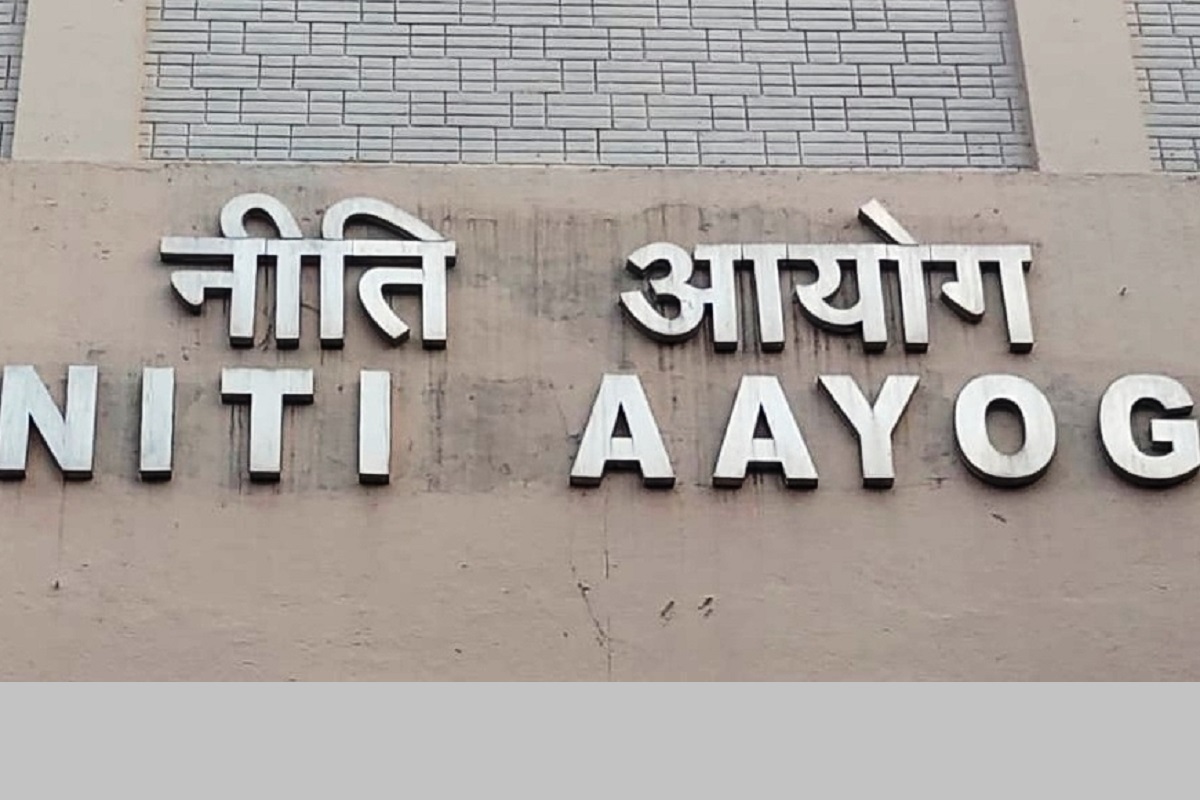Prime Minister Narendra Modi will chair the second national conference of state chief secretaries here from 5 to 7 January to discuss issues covering the “aspirational” districts programme, women’s empowerment and swachhta (cleanliness) campaigns.
The first conference of the chief secretaries was chaired by the Prime Minister in June last year in Dharamshala in Himachal Pradesh. Modi took the initiative to strengthen partnership between the Centre and state governments.
Advertisement
Young district collectors and magistrates from states and Union Territories will turn up in the Capital, and be joined by officials from several Union Ministries, to brainstorm the issues.
Parameswaran Iyer, the Chief Executive Officer of Government think-tank Niti Aayog will lead discussions on the Aspirational Districts’ Programme (ADP), a government flagship programme anchored by Niti Aayog.
Launched by the Prime Minister in January 2018, the Aspirational Districts Programme aims to quickly and effectively transform 112 most under-developed districts across the country in five thematic areas – health and nutrition; agriculture and water resources; education; financial inclusion and skill development; and basic infrastructure.
Most of the identified districts have crossed the state averages in various fields but have Blocks which continue to lag behind. The 2022-2023 Union Budget had provided to focus on these Blocks.
Under the programme, selected districts are encouraged to first catch up with the best district in their States, and subsequently aspire to become one of the best in the country by competing with, and learning from others in the spirit of competitive and cooperative federalism.
Niti Aayog is working closely with respective subject ministries and various development partners to fast-track progress at the district level. The aim is to eliminate interstate and inter-district variations in development.
The districts are encouraged to develop and replicate best practices that drive improvement across the socio-economic themes. The programme essentially is aimed at localizing Sustainable Development Goals, leading to the overall progress of the nation.
The programme entails convergence of Central and States schemes, collaboration among Central, State, nodal officers and District Collectors, and encouraging competition among districts through monthly delta-ranking.
The ranking is based on the incremental progress made across 49 Key Performance Indicators under the five broad themes, and is available on the Champions of Change portal.
With states as the main drivers, this programme focuses on the strength of each district, identifying low-hanging fruits for immediate improvement and measuring progress by ranking districts on a monthly basis.











